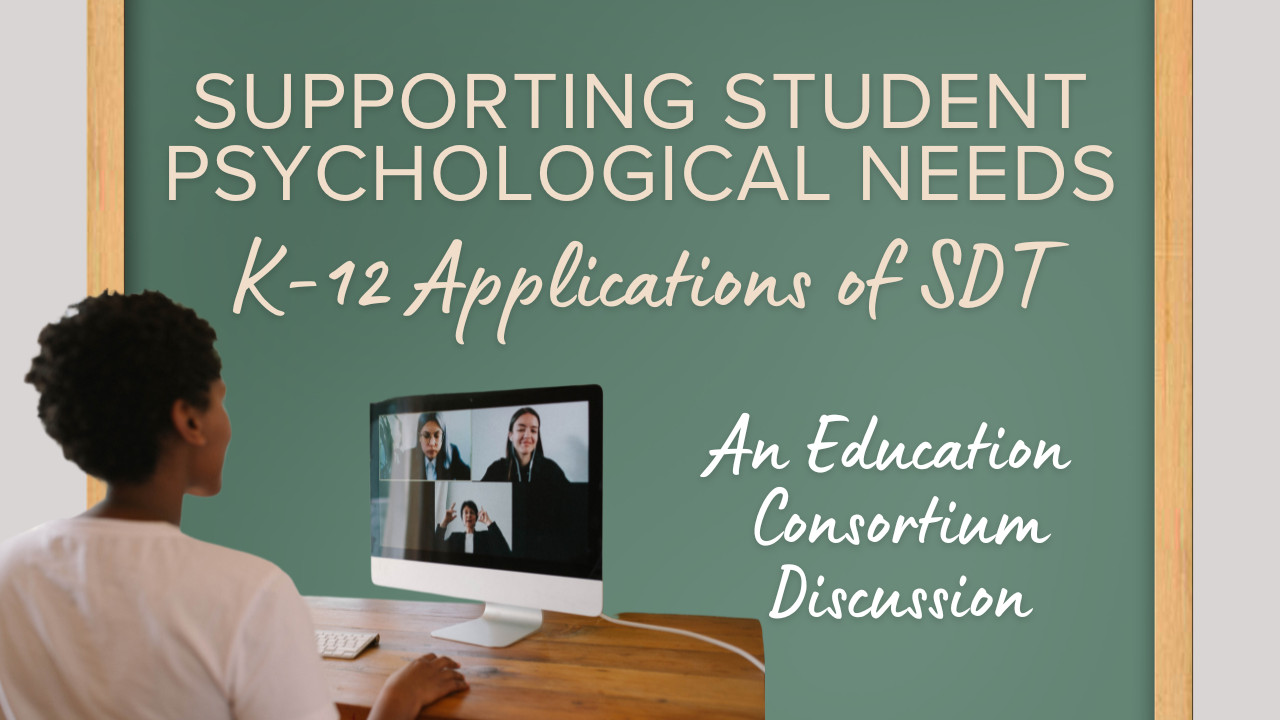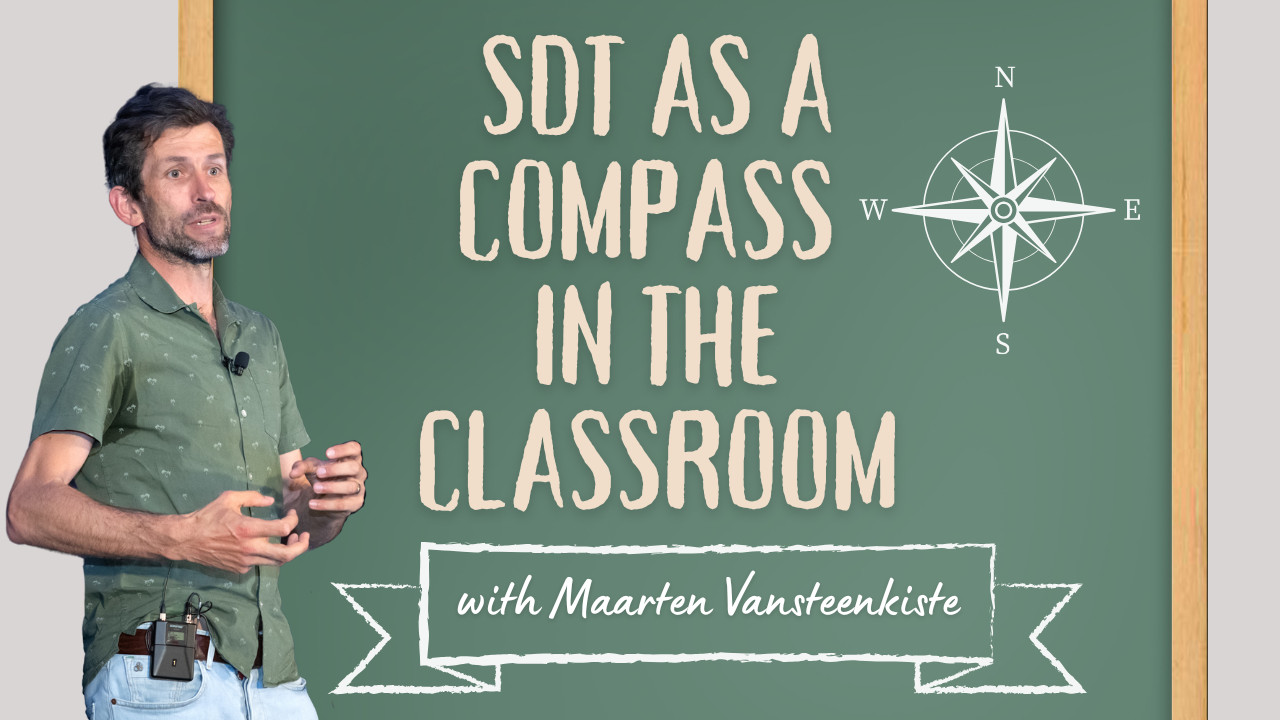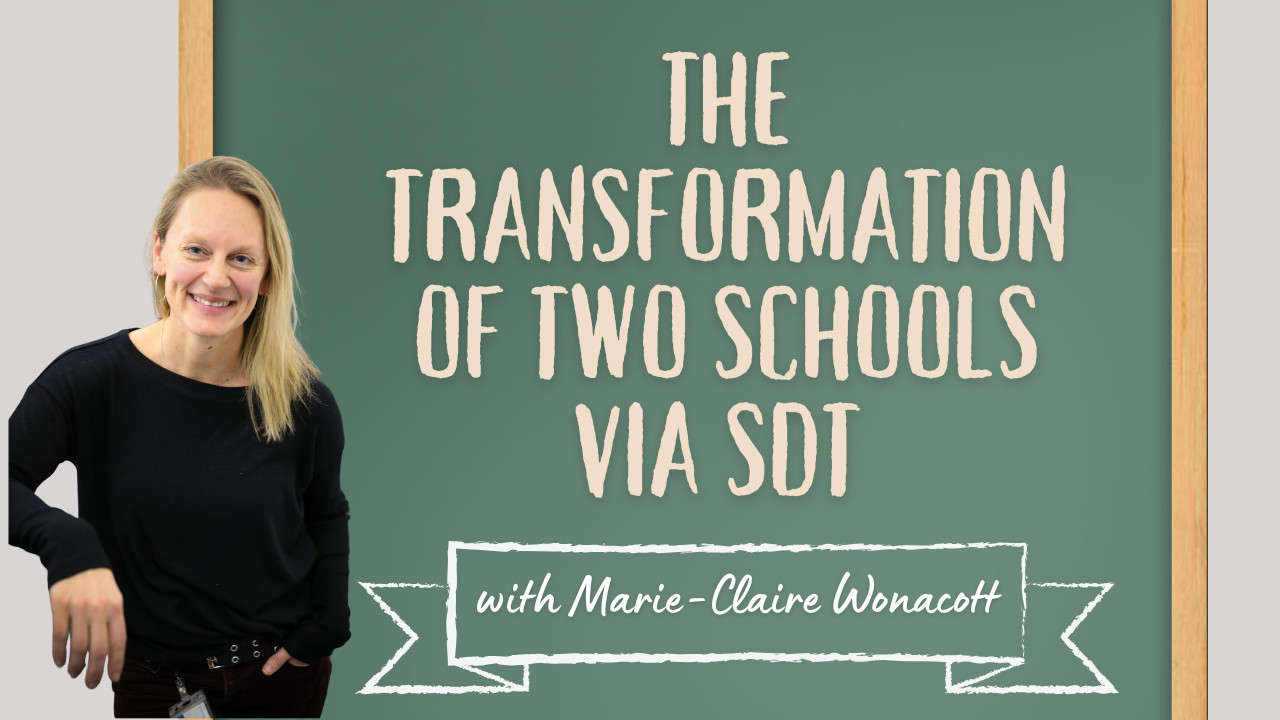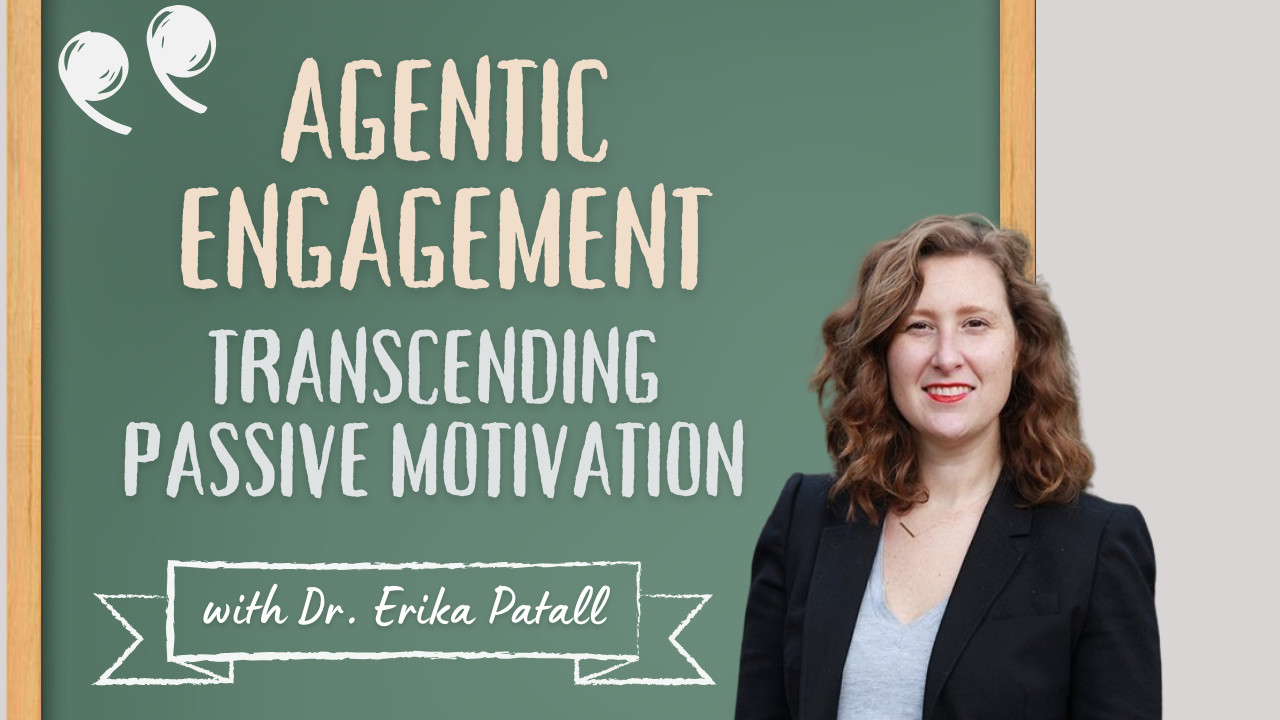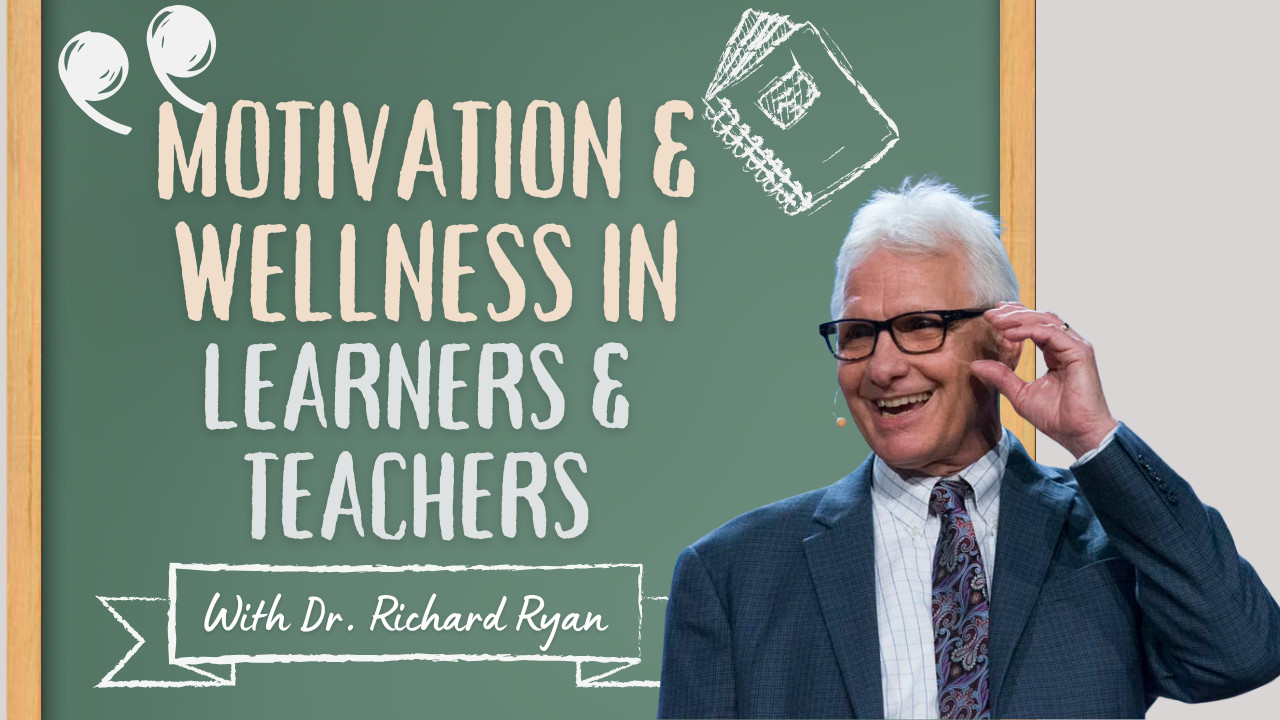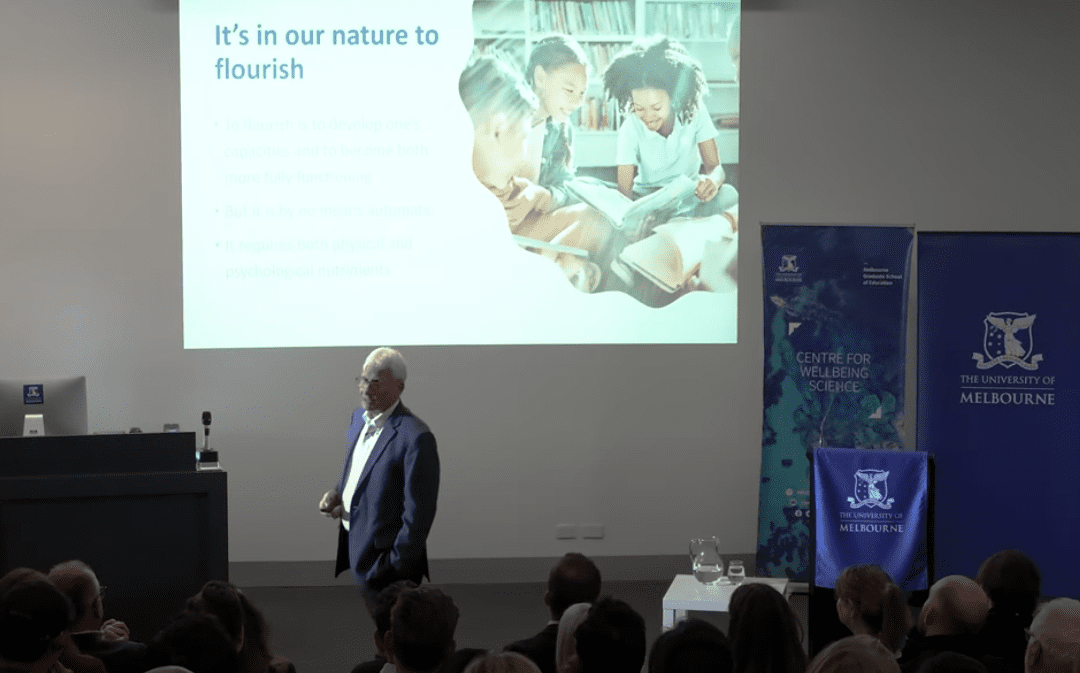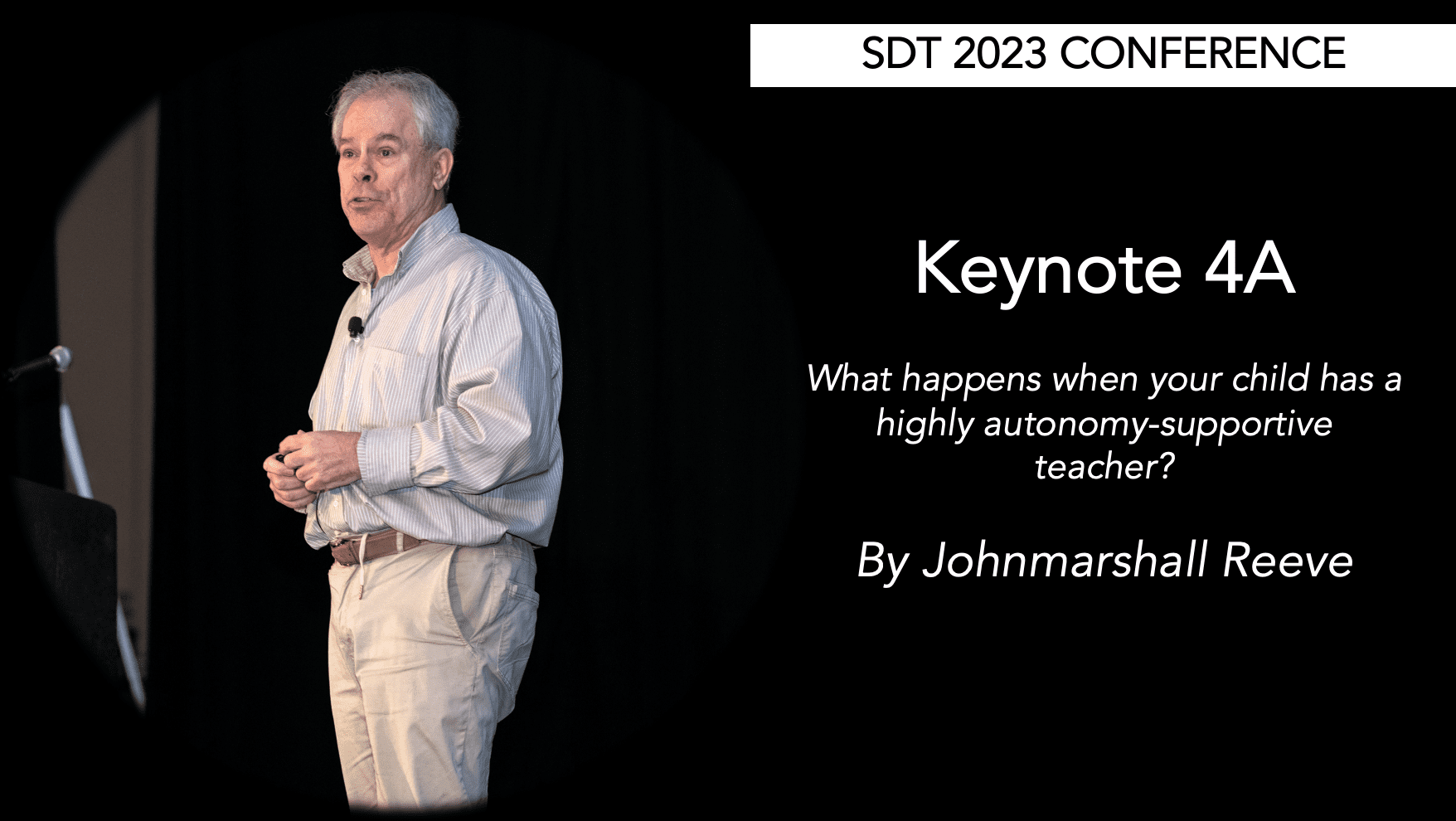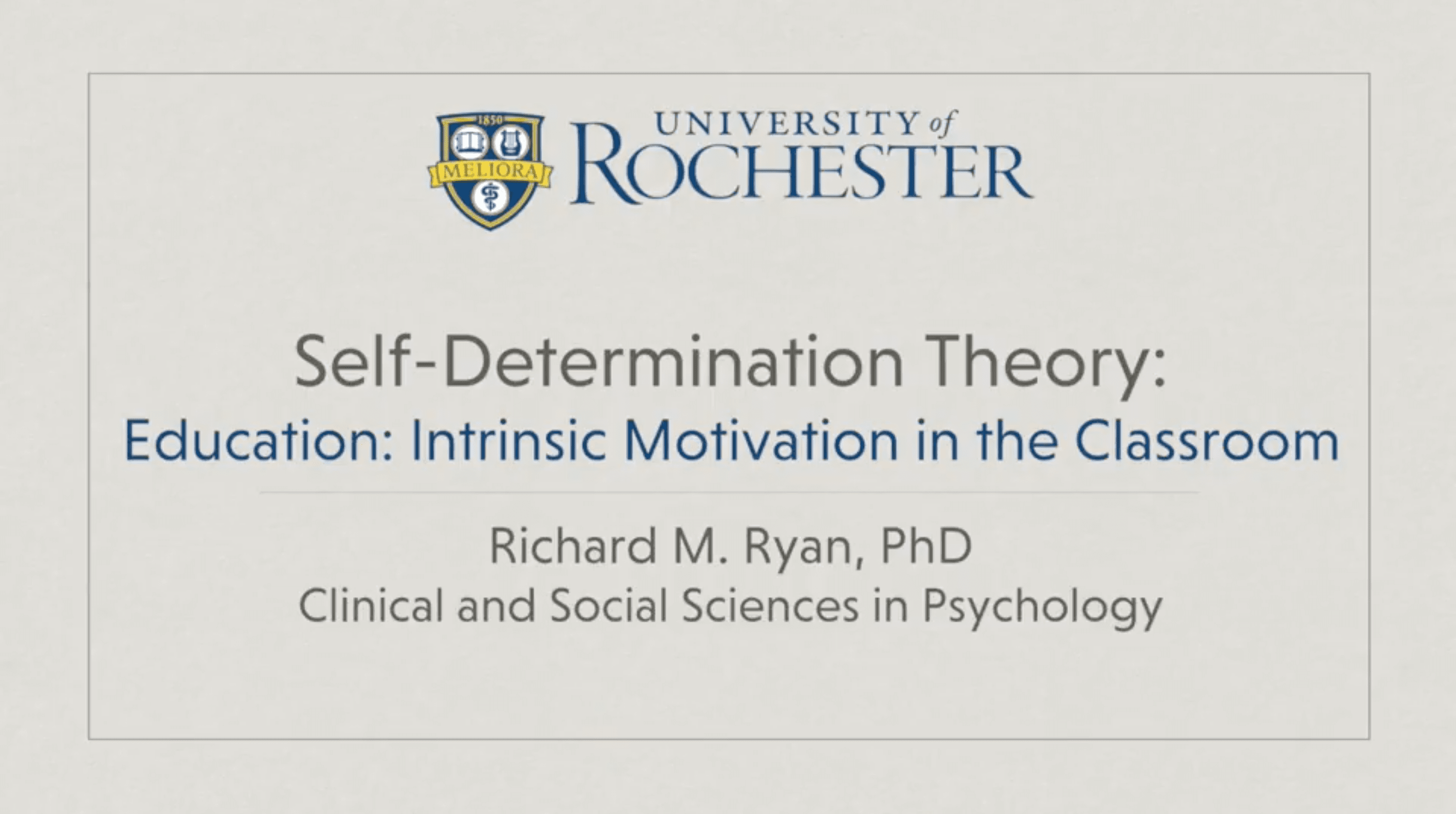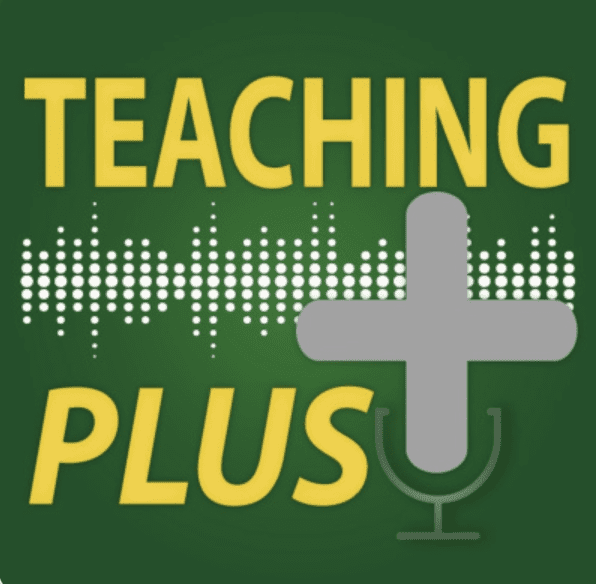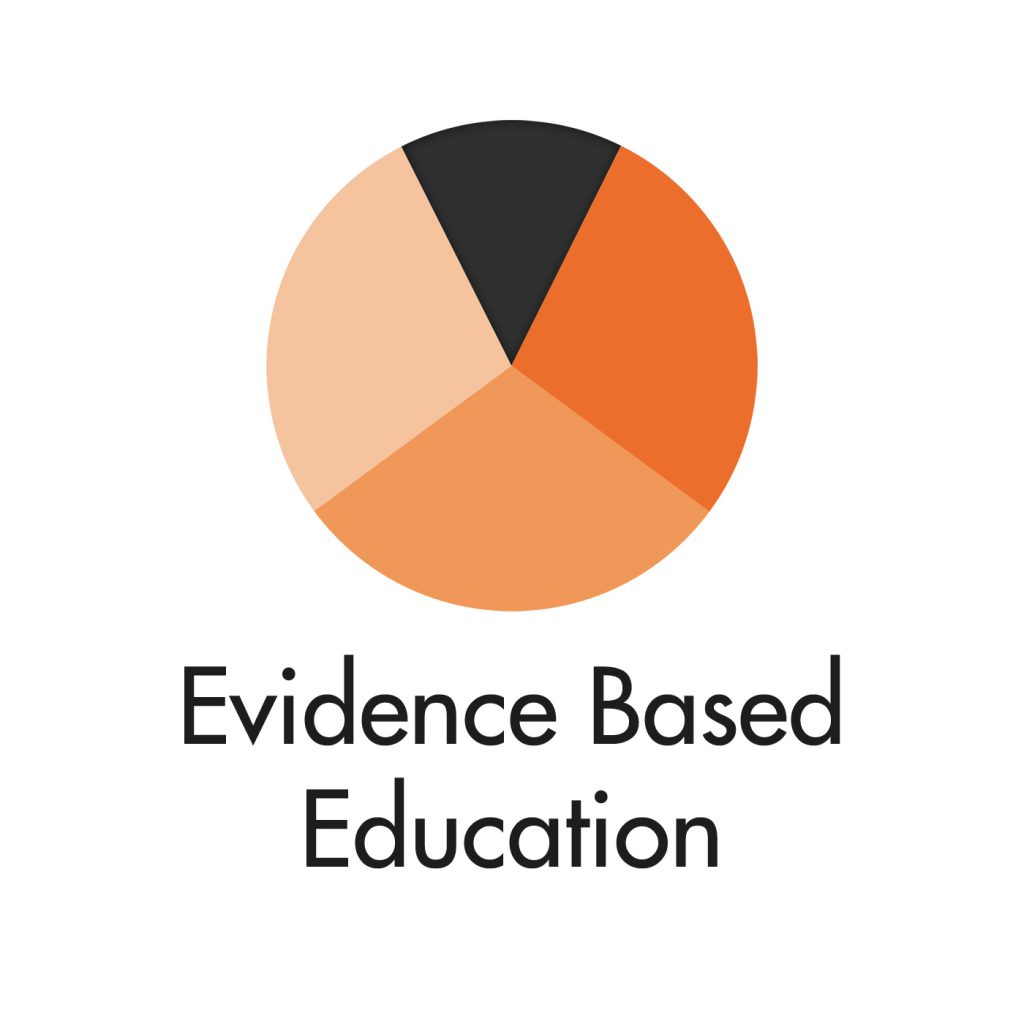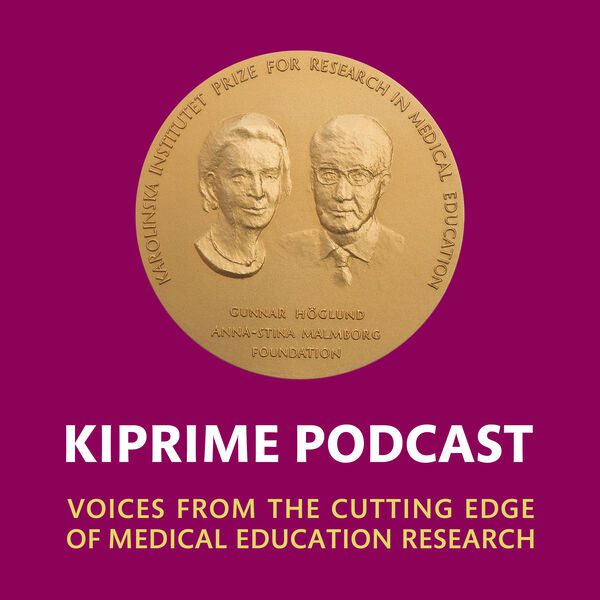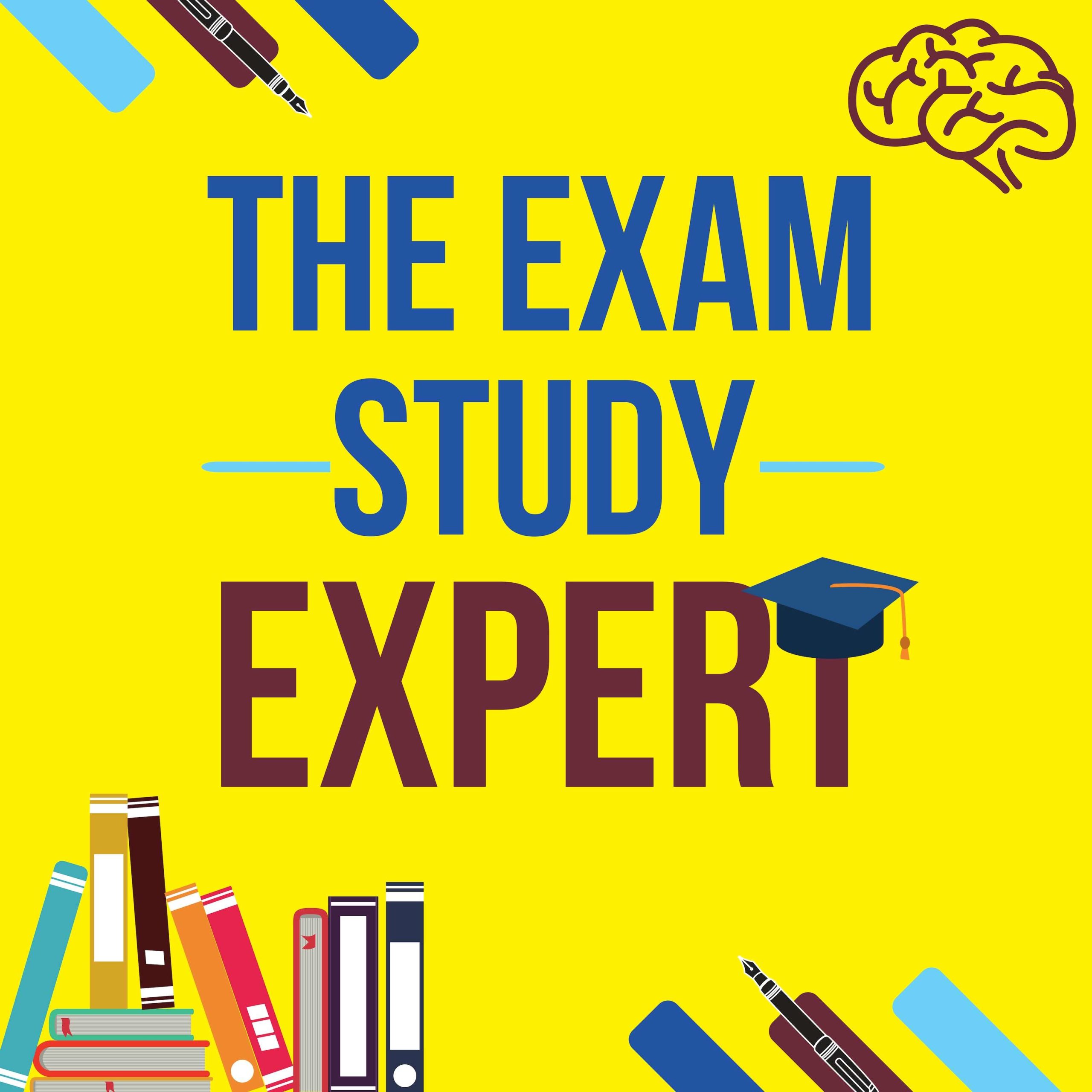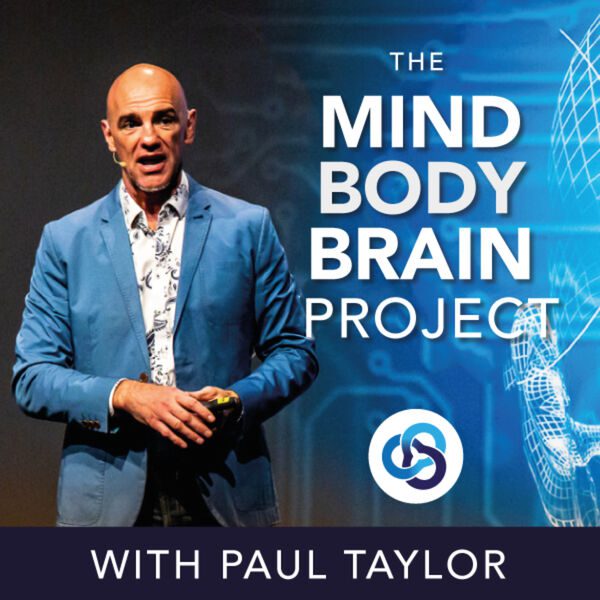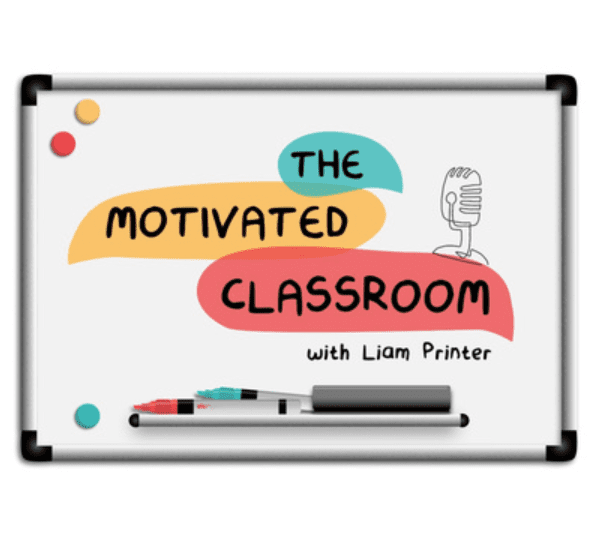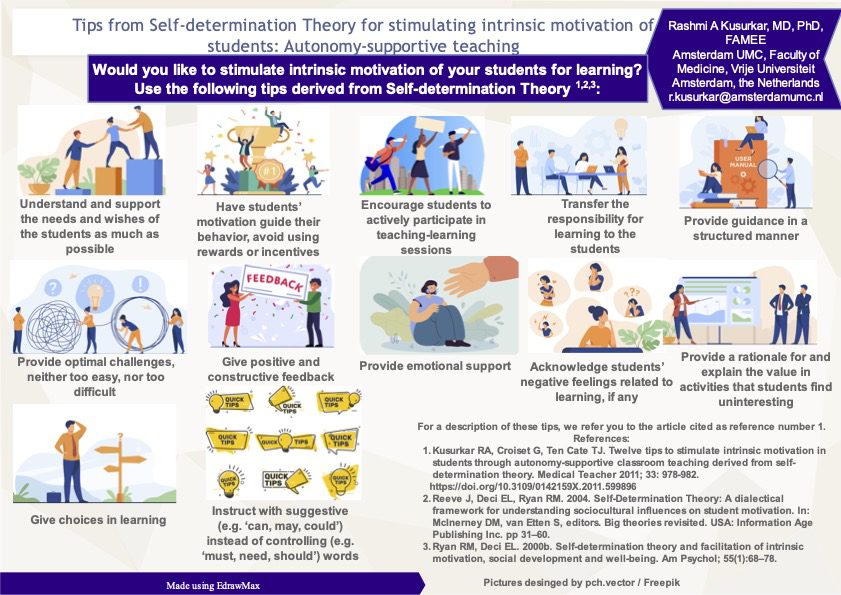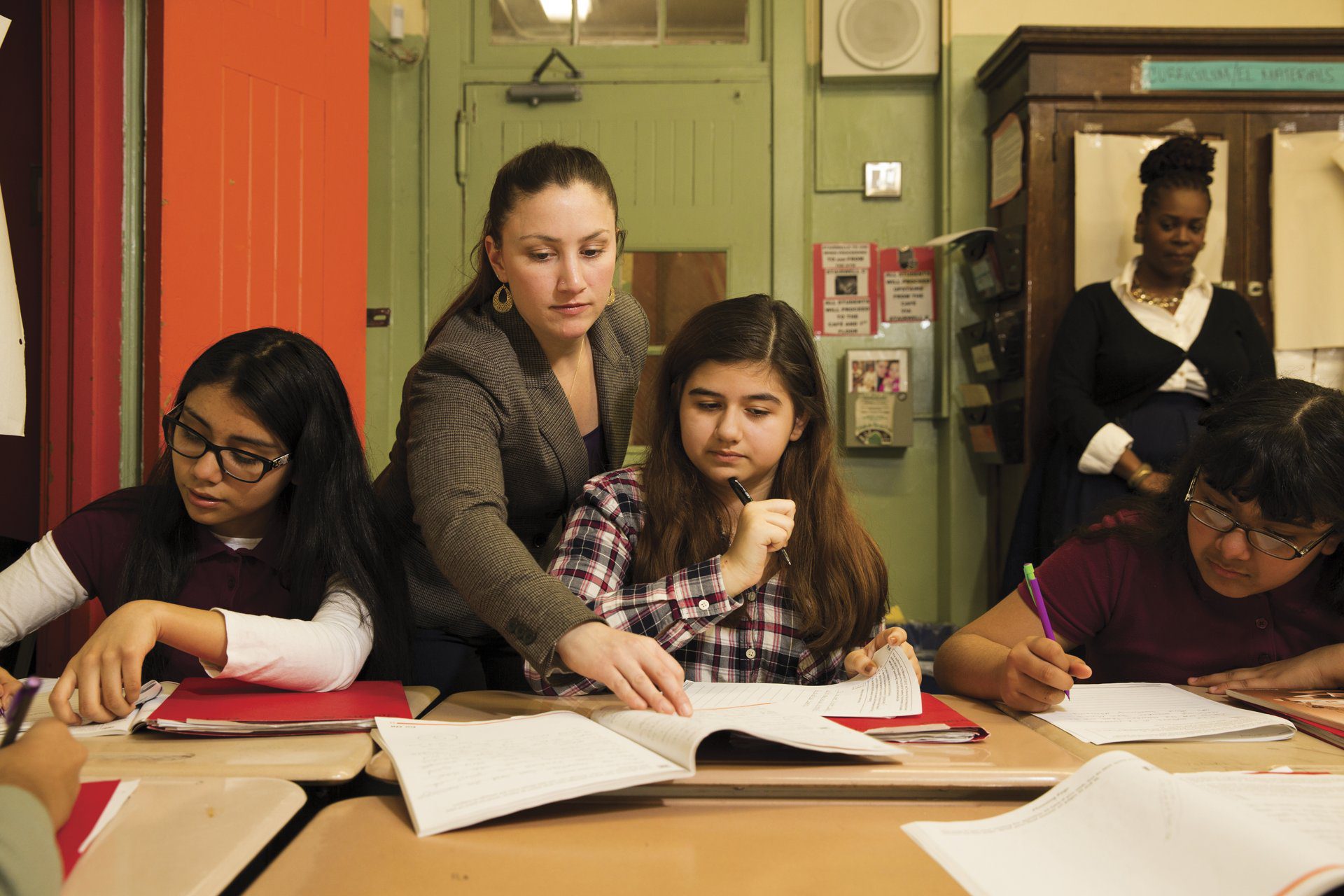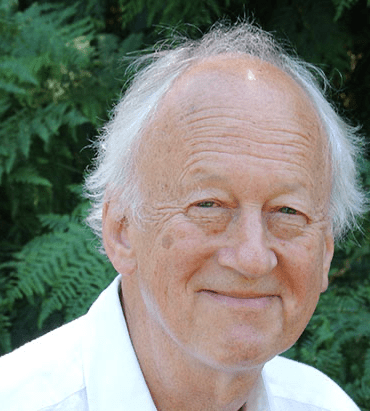Understanding learners’ motivation is key if we want to educate children to become self-directed and lifelong learners.
According to Self-Determination Theory, learners have a natural tendency to explore their environments, to grow, learn and develop; yet we know that students’ intrinsic motivation dramatically deteriorates as they progress through school. By their teenage years many have lost interest in and excitement for school. Many teachers struggle daily to energize and motivate learners who lack enthusiasm, are passive, uncooperative, or even disruptive. An important goal of education then is to cultivate learners’ inherent tendencies toward growth. SDT provides a theoretical framework and sound solutions for some of the educational policies and practices currently hampering, rather than fostering, learners’ intrinsic motivation.
The Importance of School Climate, for Learners and Teachers
Motivation in school is not only about learners. Teachers bring their own personalities and motivations to the classroom. Too often, their own autonomy, competence, and relatedness are undermined by administrative control, inflexible curricula or lack of support. SDT researchers have increasingly examined factors that influence teachers’ motivation, as well as the role their motivation plays in their interactions with students. Evidence shows that when teachers are empowered, increase their confidence and have opportunities to be creative, learners benefit. Creating a climate that supports the needs of both teachers and learners thus has substantial outcomes – both academically and socially.
SDT as a Framework in Education
The theory’s framework offers a refreshing perspective on educational policies and practices relevant to student motivation and flourishing. SDT focuses on how schools can help satisfy (rather than thwart) the basic psychological needs of both adults and students, such that schools become places where all parties can develop intrinsic, or fully internalized extrinsic, motivation. SDT’s framework is as refreshing and inspirational as it is sound. The learning climate it promises deserves the appreciation of parents, school leaders, and policy makers as much as it does that of students and teachers.
A Needs-Based Approach to Motivating Teaching
The SDT Education Consortium consists of educators—at all levels—who seek and share practical information and skills for integrating Self-Determination Theory into their work. Consortium members gather occasionally to discuss a recent publications, engage with scholars, and create and share SDT resources for use in schools around the world. Our goal is to build a collaborative community of educators committed to SDT’s academic, social, motivational, and well-being benefits for schools, and all who work and learn in them. The consortium is staffed by volunteers.
How You Can Help Us
The Center for Self-Determination Theory wants to help schools be healthier, more productive places for living and learning. If you use strategies or practices that you feel foster the basic psychological needs of autonomy, relatedness, or competence—or that help internalize motivation—please let us know. We want to help make these available to educators everywhere.
Practical Tools & Readings to Support SDT in Schools
Explore curated resources from the Editors & the Education Consortium, featuring classroom strategies, practitioner-friendly readings, and slide decks from educator-led presentations. These materials are designed to help you support students’ basic psychological needs for autonomy, competence, and relatedness—the foundation of Self-Determination Theory.
Practical Readings: Strategies for Supporting Schools
Deepen Your Understanding: Learn More About SDT in Education
- Six Strategies for Promoting Autonomy
- Motivating Students Using Self-Determination Theory
- How to Help Students Focus on Learning Instead of Their Grades
- Student Motivation: Why Autonomy Matters
- A Case for Autonomy in Schools
- Cultivating Belonging in the Classroom
- Education: Intrinsic Motivation in the Classroom
- What Happens When Your Child Has a Highly Autonomy-Supportive Teacher
Slide Decks from Presentations
-
Understanding How a Needs-Supportive Classroom Culture Supports Student Engagement in Dance Education
— Laura Stauderman, Ed.D (June 17, 2025) -
Self-Determination Theory-Based Curriculum Development
— Dan Drmacich (June 17, 2025)


